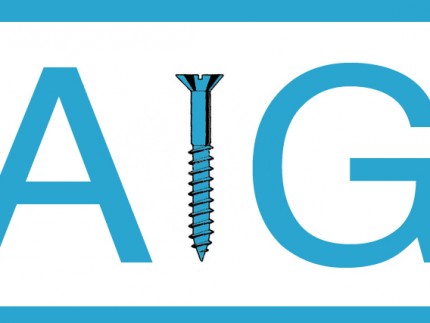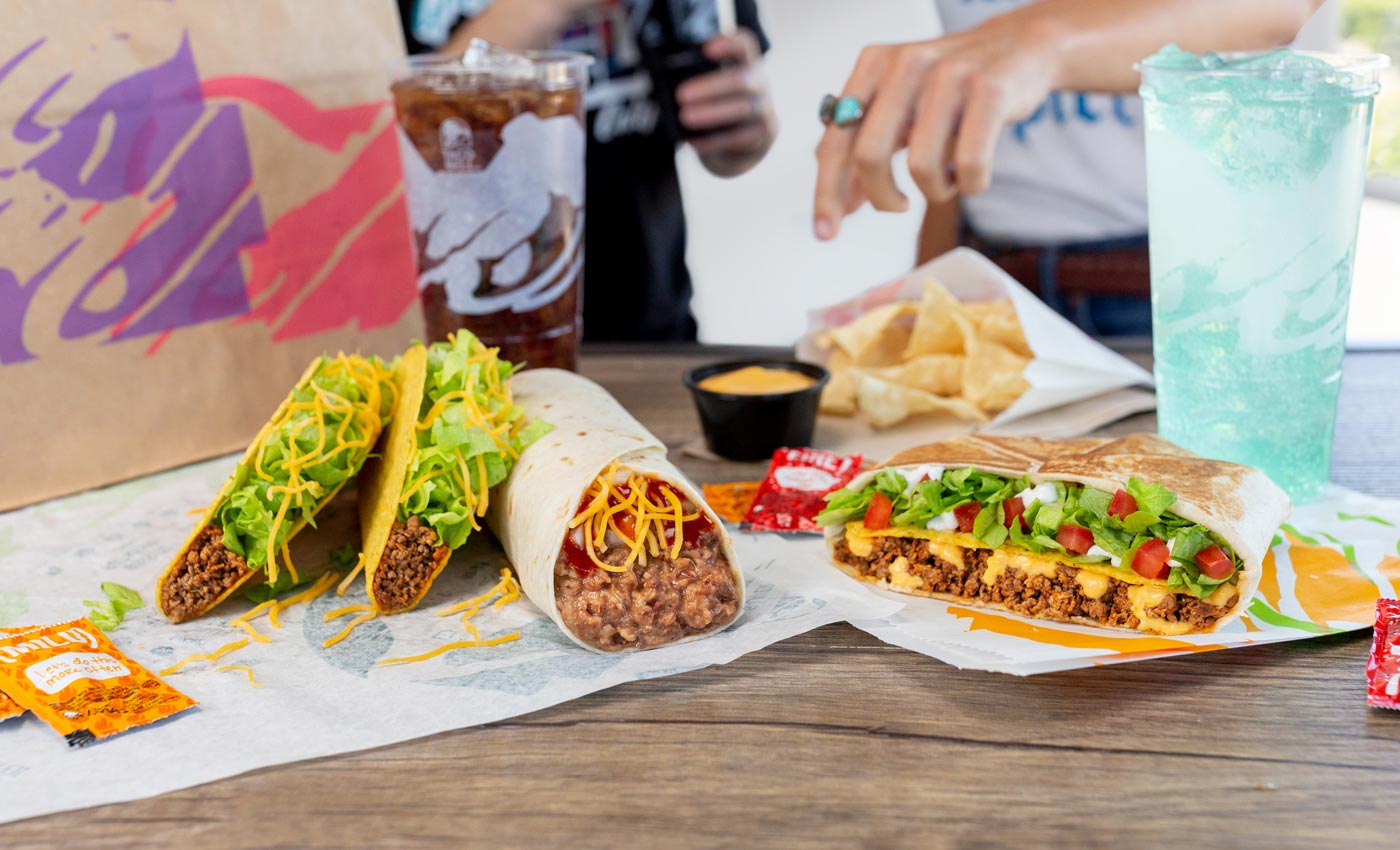It seemed like a joke. AIG, the poster child for the greed, profligacy, and fiscal incompetence that helped trigger the 2008 financial meltdown, announced it would consider suing the U.S. government over the terms of its $182 billion rescue.
This, just a week after the company launched a pricey ad campaign trumpeting its turnaround and thanking America for the controversial bailout. The tagline, “Thank you, America,” was the creative flourish for the unveiling of the “new” AIG – if not kinder and gentler, then at least more restrained, fiscally healthier, and more professional.
The truth is a little more complicated than the optics. AIG’s Board was obligated to weigh the merits of joining ex-Chairman Hank Greenberg’s suit, which complains that the bailout cost shareholders billions of dollars and constituted a violation of 5th Amendment, which prohibits the taking of private property for public use “without just compensation.” The Board’s duty was to consider the move as a possible benefit to shareholders, but this is a clear case of corporate governance clashing with sensible reputation management.
AIG tried to explain its position through behind-the-scenes experts in a nuanced article in the New York Times. In other accounts, Chief Executive Robert H. Benmosche pointed out the board’s “fiduciary and legal obligations” to weigh the merits of joining the suit and signaled that it would decide by month’s end.
But the mere suggestion that AIG might turn around and slap American taxpayers with a fat lawsuit for saving its bacon sparked a furious backlash. PR and reputation experts excoriated the statement. Some shareholders publicly threatened to dump the stock. In a letter, legislators advised the board Chairman on Tuesday against the move in very blunt terms. “Don’t even think about it,” it said.
AIG did think about it, but not for very long. The outrage was so vehement that it quickly announced its decision not to join the suit. It took a little over 24 hours for millions of dollars of reputation advertising and public outreach to be undone by bad timing, a clumsy strategy and underwritten statement.

